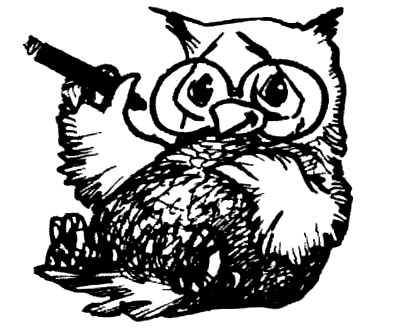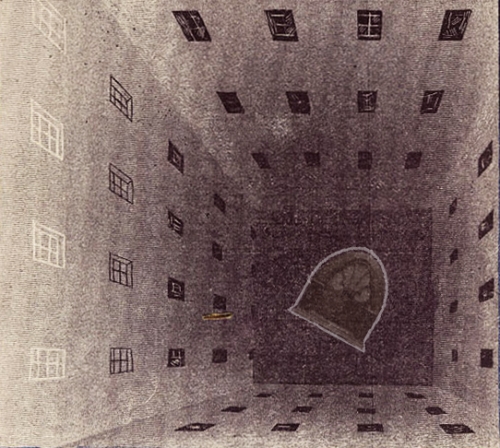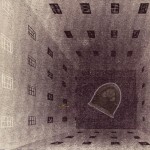By Michael Thornton
It was a steamy night in the summer of 1981 when I got the call. Manhattan lay sprawled beneath me, like an exhausted chippie, throwing off heat. I was sitting in my fourth floor apartment with the windows open and my camel hair blazer unbuttoned, begging for a breeze. My cell phone rang, and after securing a tight two-handed grip and bending my knees, I lifted the thirty-pound device to my ear.
“Slater, it’s O’Malley.†My boss, the City’s top bull. A lousy cop, but a damn fine dresser. “We need you at 7th and 82nd right away—the old AMR Sound Studio.â€
“What are we dealing with, Chief?â€
“Homicide. Somebody’s killed a radio star.†I heard a click and the line went dead.
I opened my desk drawer, pulled out my Magnum, and tucked it into the front of my jeans. I’ve had a few close shaves keeping it there, but the doctors tell me that Ray Jr.’s dyslexia is unrelated. I also grabbed a eighth of pure Colombian blow and tucked it into my breast pocket. When I was a rookie I would start the night with a whiskey sour, but no one had touched whiskey since ‘78.
Outside the street was quiet. I hopped in my DeLorean and flew uptown. I tried to do a line off the dashboard, but hit a bump that sent the powder flying into my hair. Three tries later I looked like a refugee from Mt. St. Helens.
I parked down the street; a crowd was blocking the front of the studio. I pushed my way through the mass and flashed my badge at the officer guarding the door.
“Slater, what’s that shit in your hair? You look like a founding father.â€
“It’s all the rage in LA. In six months you’ll all be doing it.â€
Inside the studio it was the usual scene. Cops taking pictures, dropping evidence into plastic baggies. I knew this case was high profile, because a few bulls were propping up the corpse while their partners snapped pictures for posterity. Celebrities. I fucking hated them.
The victim had been strangled with a black plastic ribbon—the kind found in a VHS tape. This guy was a radio star all right: his skin was like a moldy shower curtain, and his nose made you think of a spoiled cherry tomato. Chief O’Malley was in the corner, refolding his pocket square.
“So, who was this guy? The face isn’t familiar.â€
“Maybe not,†said the Chief, “but do you recognize this?â€
O’Malley went over to the body and stepped on his chest.  The air in the guy’s lungs moved across his vocal chords, and a C like melted butter filled the room.
I had grown up hearing that voice, we all had. Hearing it got to me. I glanced once more at the crooner’s hideous face. This was the end of an era. Fighting back tears, I bent down and did a line off his forehead.


